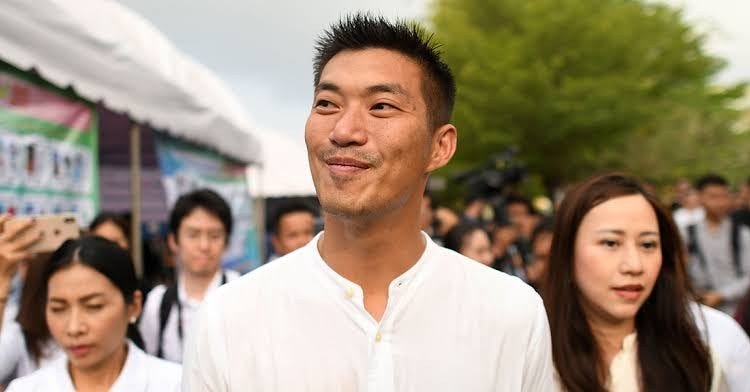Thailand in 2020: Stirrings of Democracy
Prayuth's luster continues to dim

By Pavin Chachavalpongpun
Thailand’s marathon political crisis has been ongoing since 2006, the year Prime Minister Thaksin Shinawatra was toppled in a military coup. Since that time, the country has seen six governments, six prime ministers, a conflict with its Cambodian neighbor and a brutal, deadly crackdown on red-shirt demonstrators right in the hea…
Keep reading with a 7-day free trial
Subscribe to Asia Sentinel to keep reading this post and get 7 days of free access to the full post archives.
